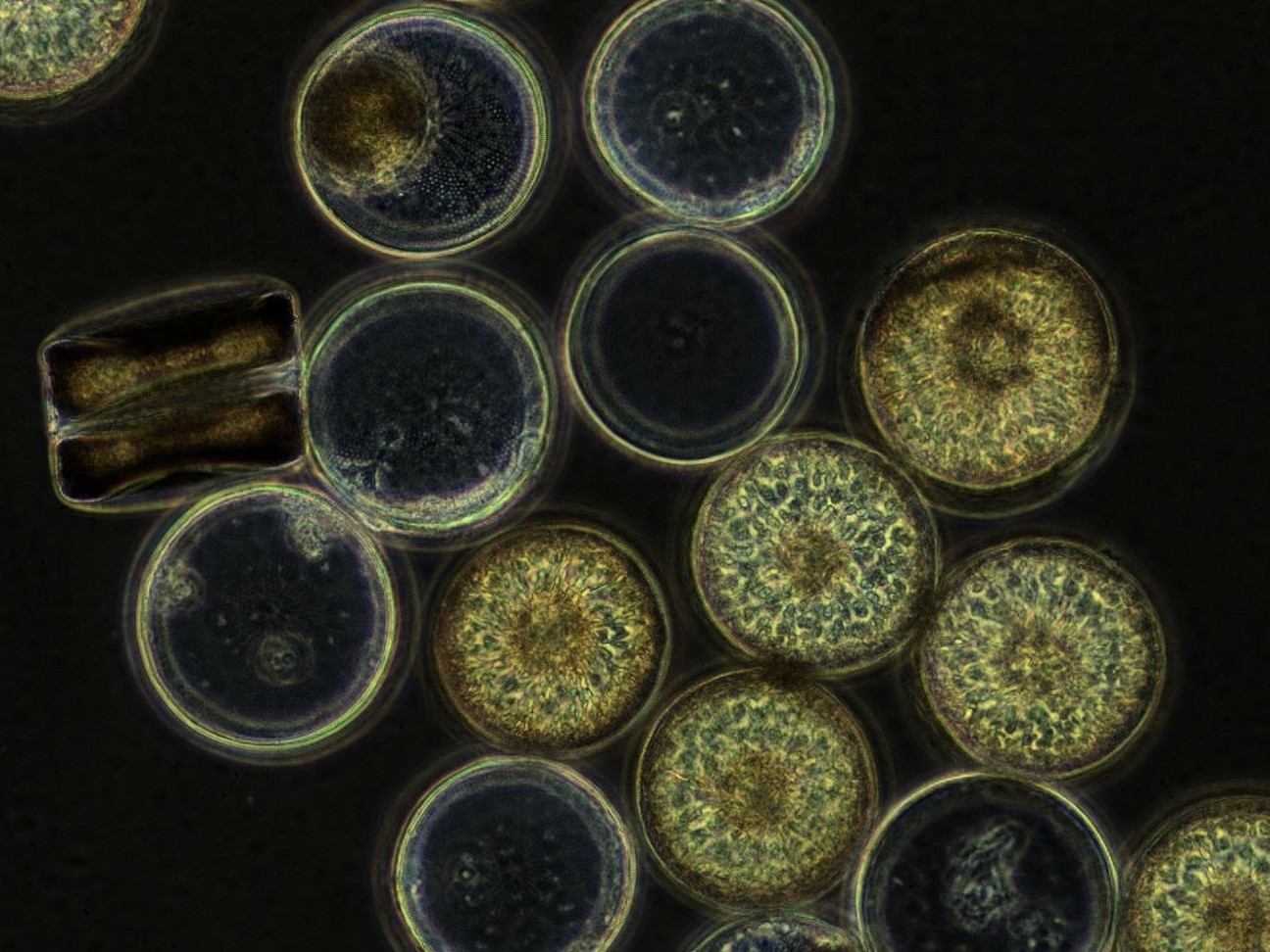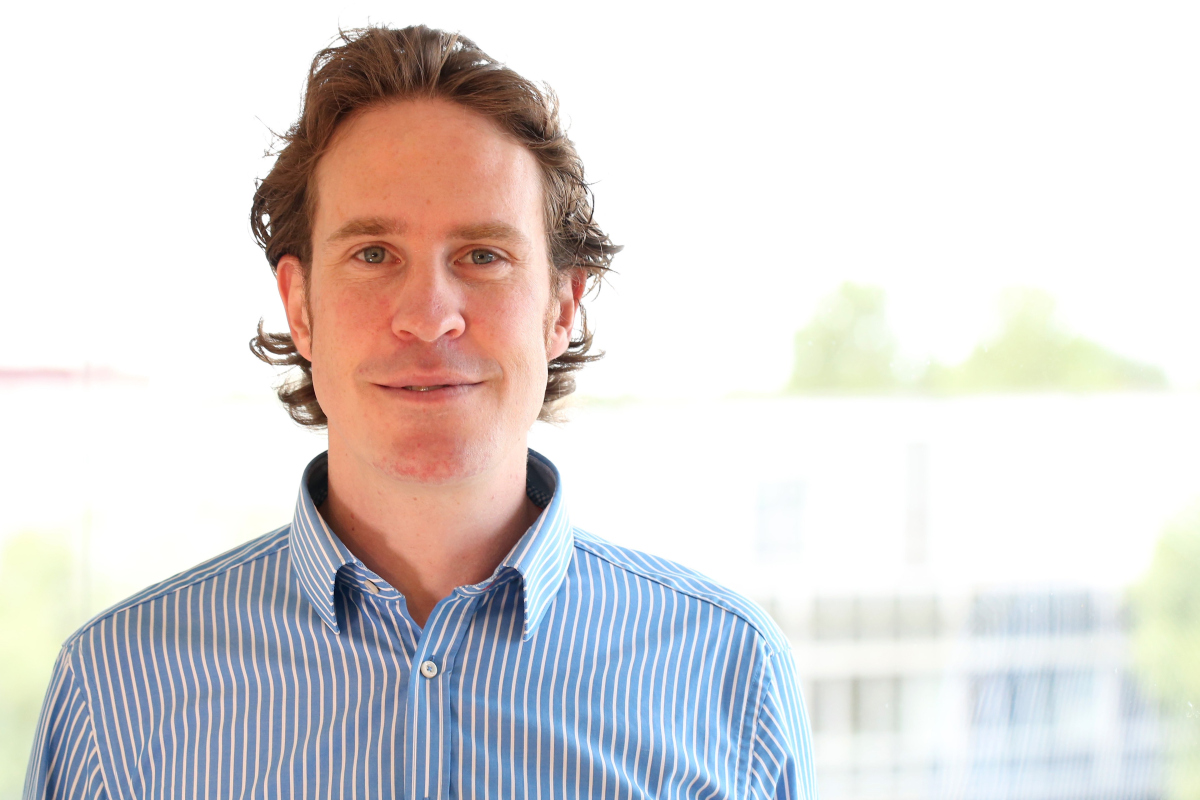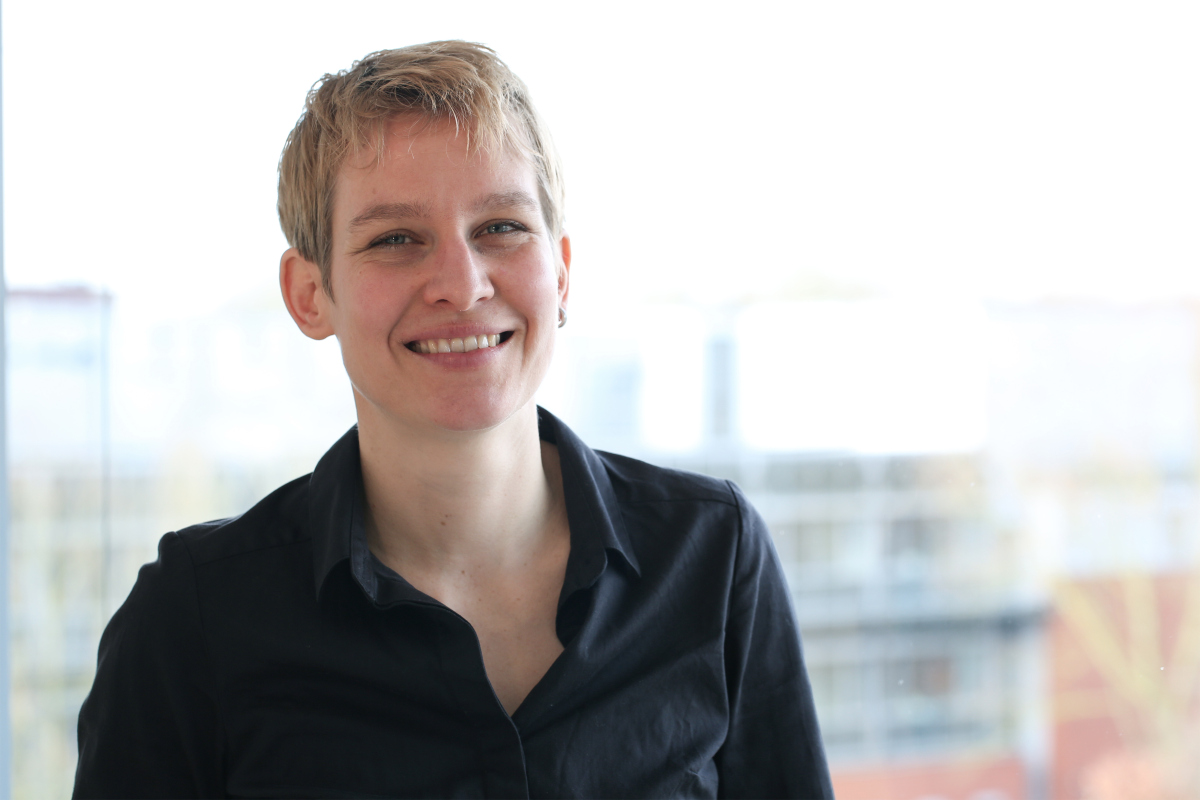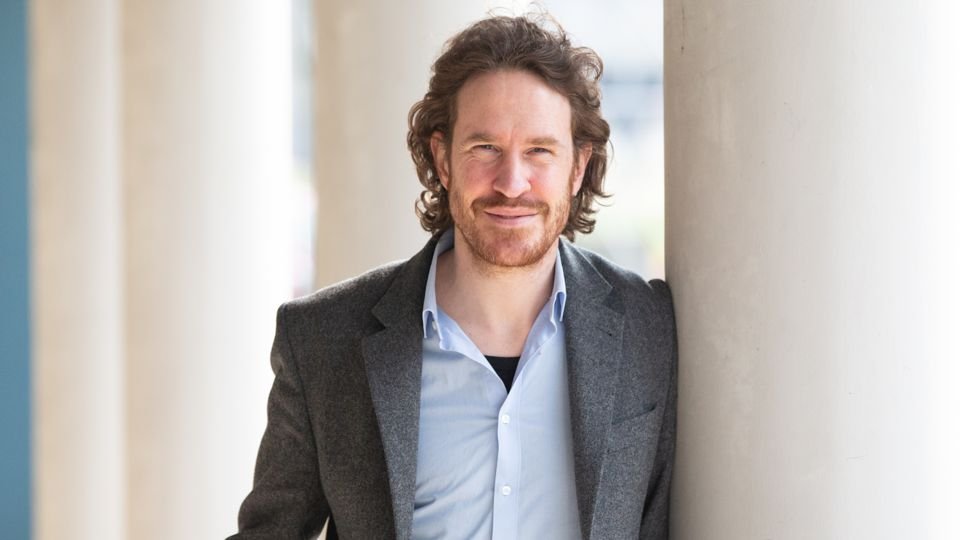- Press Office
- Press releases 2022
- Jan-Hendrik Hehemann receives the ERC Consolidator Grant
Jan-Hendrik Hehemann receives the ERC Consolidator Grant
Professor Jan-Hendrik Hehemann and his team at the Max Planck Institute for Marine Microbiology in Bremen (MPIMM), the MARUM – Center for Marine Environmental Sciences and the Faculty of Biology/Chemistry at the University of Bremen, are pleased that their jointly developed ideas in the field of marine carbon storage will be funded by the European Research Council for the next five years.
New ways out of the climate crisis
The climate crisis has created a demand for new ways to reduce the concentration of carbon dioxide in the atmosphere. The ERC project "Discover molecular pathways for glyco-carbon sequestration" (C-Quest) investigates the molecular mechanism of carbon (dioxide) storage by algae in the ocean. C-Quest postulates that particular polysaccharides from algae form a carbon sink in the ocean. "Algae synthesize extracellular polysaccharides from carbon dioxide and position them on their surface. They form a kind of skin or protective wall. This wall is what the bacteria have to penetrate when they try to get at the easily digestible nutrients, proteins, lipids, and nucleic acids inside the algal cell," Hehemann explains. "So it's essential for the alga's survival that these polysaccharides are difficult for the bacteria to digest. Otherwise, the bacteria could break through the protective wall with the help of enzymes and subsequently digest the alga from the inside until it dies."
Algal sugars as a carbon sink
These protective polysaccharides are formed in the ocean by algae through photosynthesis from the greenhouse gas carbon dioxide. As algae form these polysaccharides faster than bacteria can break them down with enzymes – which would release carbon dioxide again – the polysaccharides form a global sink for the greenhouse gas carbon dioxide. Thus, they help store unknown amounts of carbon dioxide in the ocean and regulate the climate to an unknown extent.
These hypotheses are now being investigated in the C-Quest project. Jan-Hendrik Hehemann and his Emmy Noether Research Group, which is funded by the German Research Foundation (DFG), developed the hypotheses and investigation methods in recent years in hos bridging group Marine Glycobiology at the Max Planck Institute for Marine Microbiology and the MARUM at the University of Bremen. They are novel bioanalytical and biocatalytical methods. For the first time, they allow for polysaccharides to be measured with sufficient molecular resolution in the ocean. In this way, their contribution to carbon storage can be recorded and their degradability by bacteria can be determined in the laboratory.
The ERC Grant: a Coveted Award
The ERC Consolidator Grant is one of the European Union's most highly endowed funding measures for individual researchers. With this grant, the European Research Council supports excellent researchers in their innovative basic research.

Professor Jan-Hendrik Hehemann: Bremen via France, Canada, and the USA
Professor Hehemann studied biochemistry in Hamburg and completed his PhD in France at the Roscoff Marine Station and Pierre & Marie Curie University Paris (now Sorbonne) as a Marie Curie Fellow (2010). He then held two fellowship-funded postdoctoral positions at the University of Victoria (Canada) and at the Massachusetts Institute of Technology (MIT) in the USA. From 2015, he conducted five years of research in an Emmy Noether project as a group leader networking at the MPIMM and MARUM at the University of Bremen. Since 2021, he has been a Heisenberg Professor heading the Bridge Group Marine Glycobiology at Faculty 02, MARUM, and the MPIMM.
Noch Fragen?
Group leader
MARUM MPG Bridge Group Marine Glycobiology
MPI für Marine Mikrobiologie
Celsiusstr. 1
D-28359 Bremen
|
Room: |
2126 |
|
Phone: |

Head of Press & Communications
MPI für Marine Mikrobiologie
Celsiusstr. 1
D-28359 Bremen
|
Room: |
1345 |
|
Phone: |

